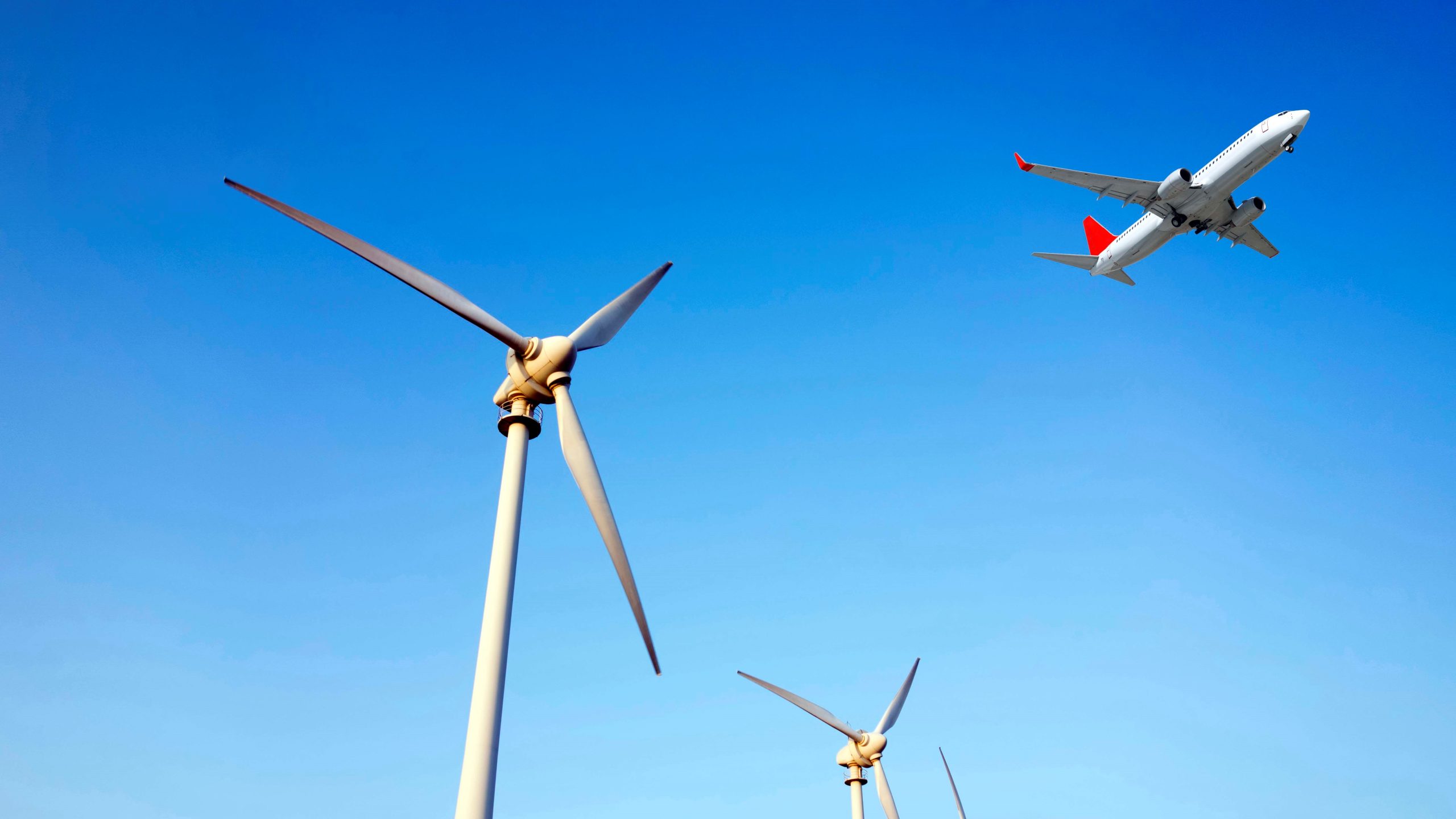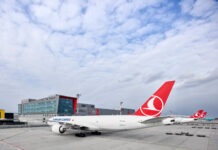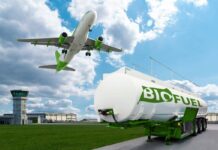The issues of greenhouse gases and climate change have emerged as substantial concerns that have captured global attention, with efforts being made to find solutions to mitigate them. One primary solution that countless organizations and industries actively advocate for is reducing CO2 emissions. Similarly, the air cargo industry has begun implementing energy-saving policies and shifting towards alternative power sources to minimize or eliminate emissions from cargo operations in recent years. One option that has attracted significant attention is Sustainable Aviation Fuel (SAF).
Understanding The SAF
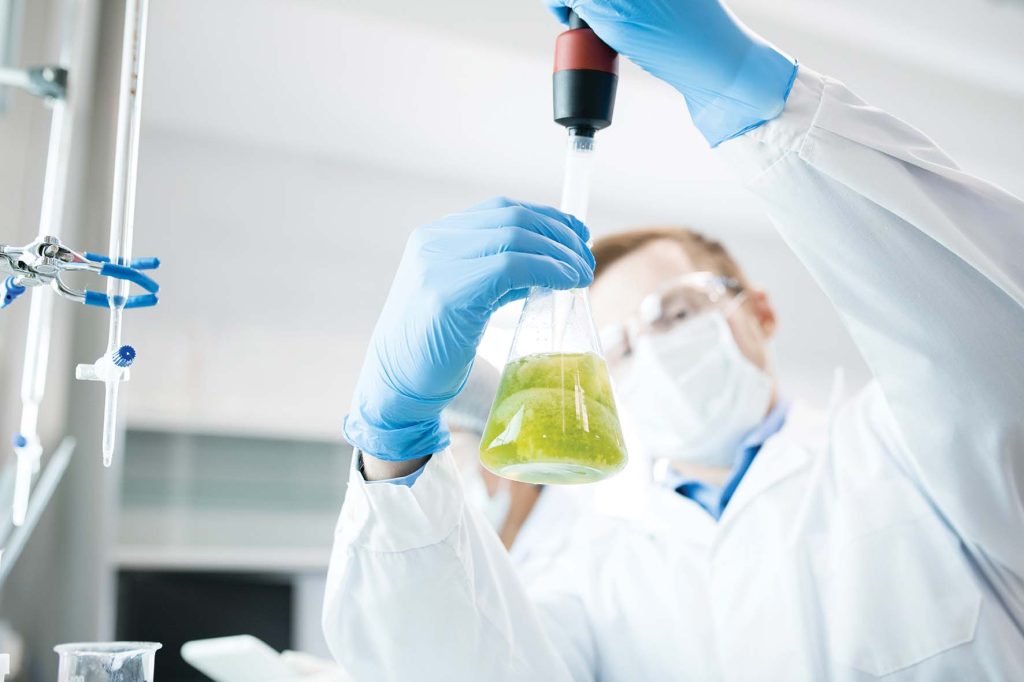
The International Air Transport Association (IATA) defines Sustainable Aviation Fuel (SAF) as a “main term used by the aviation industry to describe a non-conventional fuel (fossil-derived) aviation fuel”. However, this kind of fuel may also be defined using other terms such as “Sustainable Alternative Fuel,” “Sustainable Alternative Jet Fuel,” “Renewable Jet Fuel,” or “Biojet Fuel” as well.
SAF can be derived from diverse feedstocks, including cooking oil, vegetable oil, household waste, waste gases, and agricultural residues. These feedstocks are converted into initial substances for fuel production, taking the form of gases, alcohol, oil, or sugar. Subsequently, the initial substances undergo processing to create aviation fuel that is nearly indistinguishable from conventional fuel.
The key advantages of SAF are that the carbon footprint throughout the life cycle is noticeably lower than the conventional fuel. In some cases, SAF can reduce CO2 emissions by as much as 80 percent compared to regular fuel. As a result, many aviation-related businesses and organizations are keenly interested in adopting this fuel type and increasing their demand for its utilization.
Pathways to the Mainstream
The implementation of SAF is currently gaining significant attention across the aviation industry, primarily driven by global pollution concerns. Despite the associated high costs, various stakeholders within the industry are still actively seeking avenues to incorporate SAF into their operations.
Additionally, the increasing adoption of Sustainable Aviation Fuel (SAF) trends in freight cargo operations has spurred collaboration among organizations within the related sector. This includes partnerships between airlines and SAF producers/suppliers, cooperation between air freight operators and airlines, individual air freight operation companies seeking to provide sustainable solutions to their customers by offering SAF-based options for their shipments, and other unmentioned organizations are also making individual efforts to advance SAF implementation in their respective approaches.
Challenges to Overcome
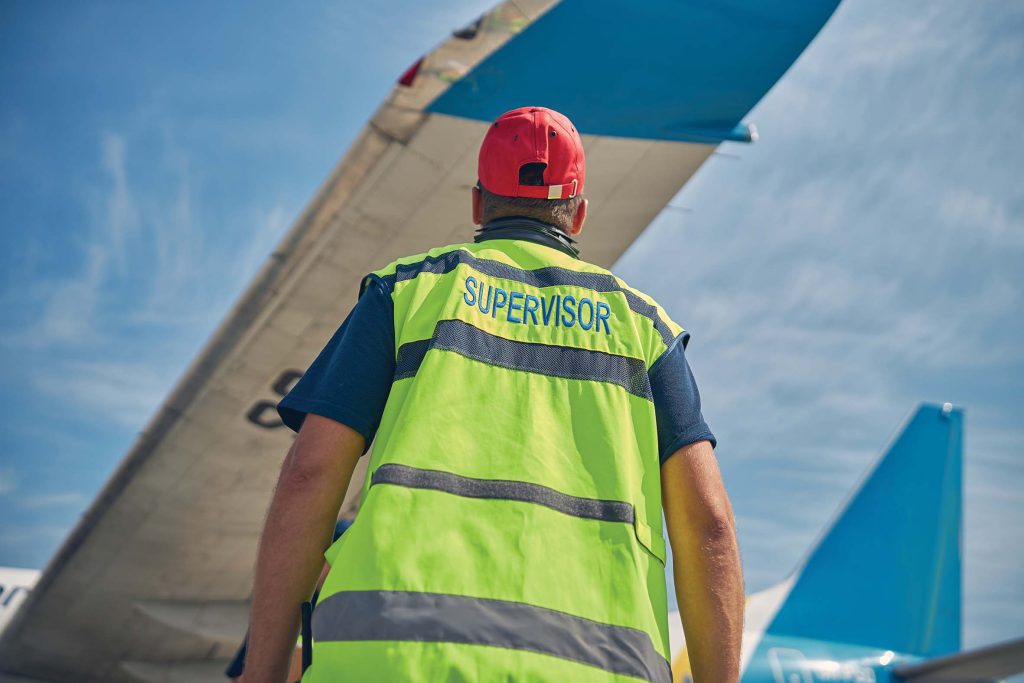
Regardless of the significant attention that SAF has garnered across all relevant sectors, its relatively higher costs compared to conventional fuel remain a significant obstacle to the widespread substitution of fossil fuel with SAF. According to the International Air Transport Association (IATA), the production costs for SAF are approximately 2-4 times higher than those of conventional fuel.
However, conventional fuel prices are expected to rise over time due to geopolitical, environmental, and other factors. This stands in contrast to the current situation of SAF, which is still in the developmental process of establishing the infrastructure to reduce production costs. Therefore, today is the critical moment for the future implementation of SAF as the primary fuel for the aviation industry.
Another indicator that highlights the promising future of SAF is the ongoing upward trend in demand. In 2019, SAF production reached 25 million liters per year, which then increased to 62.5 million, 100 million, and 300 million liters per year in 2020, 2021, and 2022 respectively.
Empowering Changes

Despite the increasing popularity of SAF, its production still requires government and private sector support to reduce costs, achieve full competitiveness with conventional fuel, and assume a crucial role in the aviation industry. A recent statement from IATA has called for significant support in SAF production from governments worldwide. This includes increasing production rates for existing pathways, expediting research and development for pathways in the development phase, and scaling up feedstock conversion technology. According to IATA’s projections, global SAF production is expected to reach a minimum of 69,000 million liters per year by 2028.
In addition to the IATA’s request, solid government policies also play a crucial role in increasing the SAF production rate, particularly in attracting investors to invest in the production sector. For instance, the United States has implemented the Sustainable Sky Act, which aims to establish a federal tax credit for SAF producers.
For the private sector, financial support plays a crucial role in boosting the production of SAF. According to IATA, over 130 projects involving 85 producers across 30 countries worldwide are dedicated to renewable fuel production.
However, although the implementation of SAF is still in the development stage, its progress can be accelerated through support from the air cargo and aviation industries, as well as other relevant organizations in both the government and private sectors. This collaborative effort serves as evidence of humanity’s successful strides towards achieving sustainability in global energy matters.
อัพเดตข่าวสารและบทความที่น่าสนใจในอุตสาหกรรมโลจิสติกส์ก่อนใคร ผ่าน Line Official Account @Airfreight Logistics เพียงเพิ่มเราเป็นเพื่อน @Airfreight Logistics หรือคลิกที่นี่






